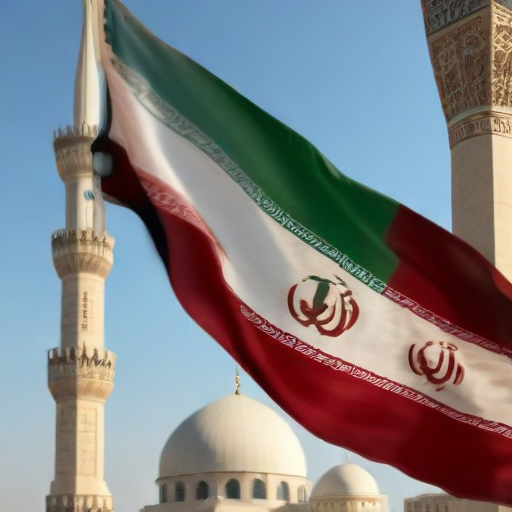Iran is currently facing significant challenges, both internally and in its relations with Israel, particularly with the health of its supreme leader, Ali Khamenei, reportedly in serious decline. As speculation mounts regarding the succession of leadership, there are indications that Mojtaba Khamenei, Ali’s second son, has been designated as his potential successor. This decision may occur even before Ali’s passing, as reported by Iran International. The development could have profound implications for the nation, particularly in the context of ongoing regional tensions.
Recent reports indicate that a clandestine meeting involving 60 members of Iran’s Assembly of Experts took place on September 26 at Ali Khamenei’s behest. The objective was to decide on his successor, which, despite initial resistance, concluded with a unanimous decision to appoint Mojtaba Khamenei. Allegations of threats were made to ensure compliance with this decision, suggesting potential unrest surrounding the succession process.
In contrast to the relatively smooth transition following the death of Ayatollah Khomeini in 1989, the circumstances surrounding Khamenei’s succession appear to be more contentious. Previously, strong figures like Akbar Hashemi Rafsanjani facilitated leadership transitions, but the current political landscape lacks such unifying leadership. Additionally, Mojtaba has a complicated political history, having supported former President Mahmoud Ahmadinejad in the past while also being implicated in the suppression of protests that followed Ahmadinejad’s contentious election in 2009.
In summary, Iran stands at a crossroads, with its leadership transition plagued by uncertainty and potential resistance. The potential rise of Mojtaba Khamenei could lead to significant changes within the nation, particularly in how it navigates complex regional and internal dynamics.
Despite these turbulent developments, there is a possibility for renewal and reform, as the call for greater accountability and transparency from the public continues to grow. This can serve as a catalyst for the regime to reflect on its governance and the demands of the Iranian populace, paving the way for a more inclusive and responsive leadership moving forward.
